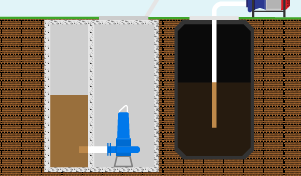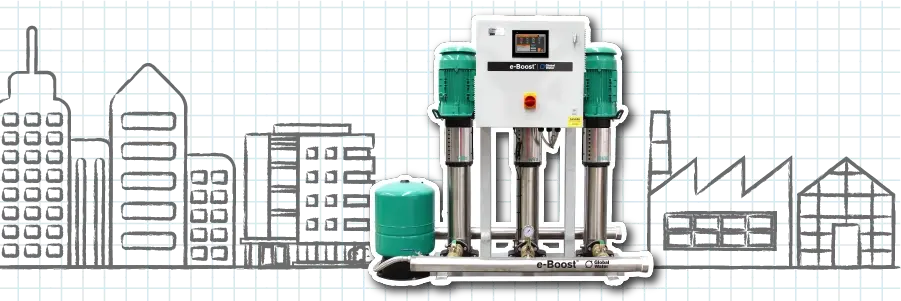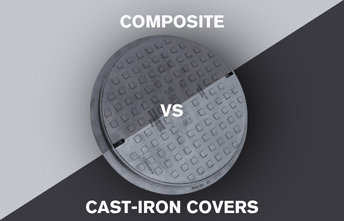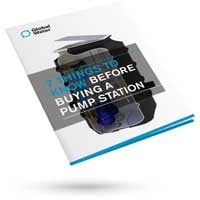Dry well pump stations are an essential solution for safely and efficiently transferring wastewater, stormwater, or harvested water.
Tags: Submersible pumps, Wastewater, Polyethylene pump stations, Stormwater, Concrete pump station
Maintaining steady pressure for potable water can be a challenge in large-scale environments such as high-rise buildings, hotels, and industrial plants. Standard pumps often struggle to keep up with fluctuating demand, particularly during peak usage times. This is where industrial high pressure water pumps play a vital role. Designed for reliability and efficiency, these systems ensure a consistent potable water supply across a wide range of commercial, municipal, and agricultural applications.
Tags: Wastewater, Maintenance, Stormwater, Pump station covers, Composite covers, Cast iron, Corrosion resistance
In stormwater treatment, knowing how to separate hydrocarbons is essential for protecting waterways, meeting environmental compliance, and reducing long-term site risks. Hydrocarbons, such as oils, fuels, and greases, can enter stormwater runoff from roads, carparks, industrial sites, and fuel storage areas. If left untreated, they create surface sheens, contaminate soil, and harm aquatic ecosystems.
Tags: Stormwater, Stormwater treatment
When choosing a cover for your pump station, the two most common options are composite and cast iron. Each with its own advantages proves selecting the right one to be a tough decision as factors like environment, load requirements, safety, and long-term durability must be considered. This guide breaks down the key differences to help you make an informed choice.
Tags: Wastewater, Maintenance, Stormwater, Pump station covers, Composite covers, Cast iron, Corrosion resistance








